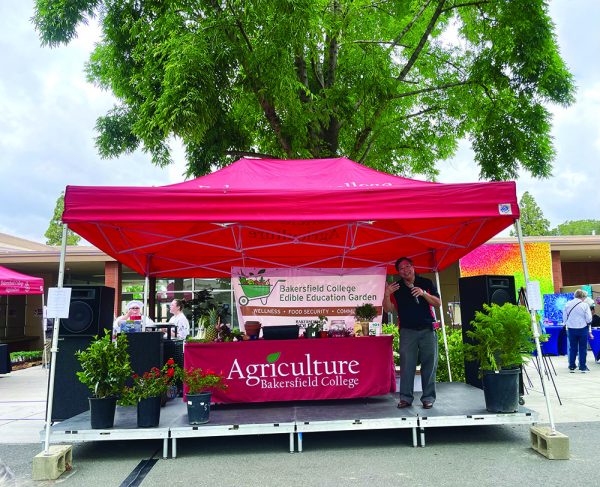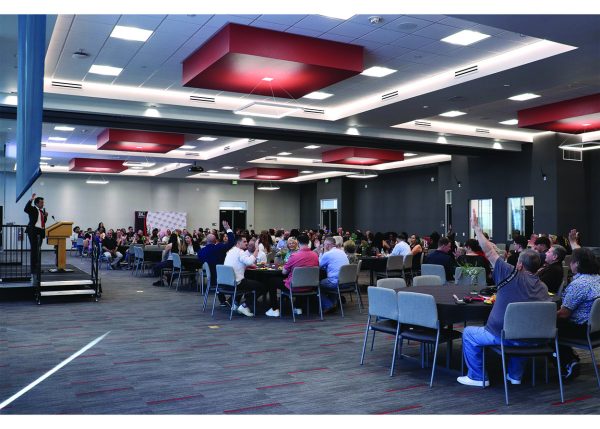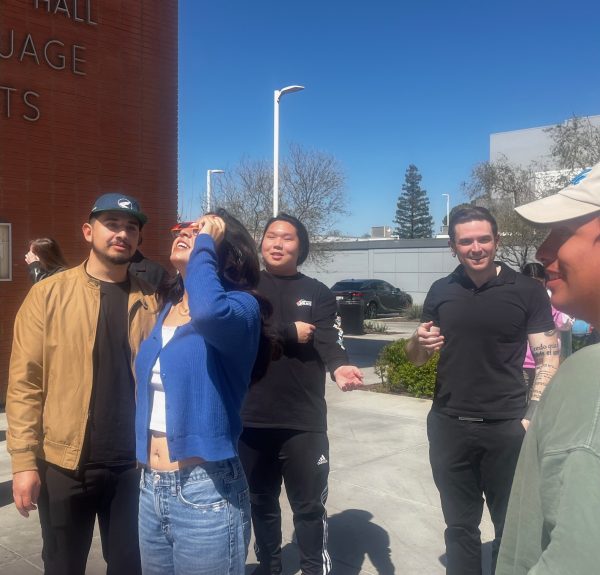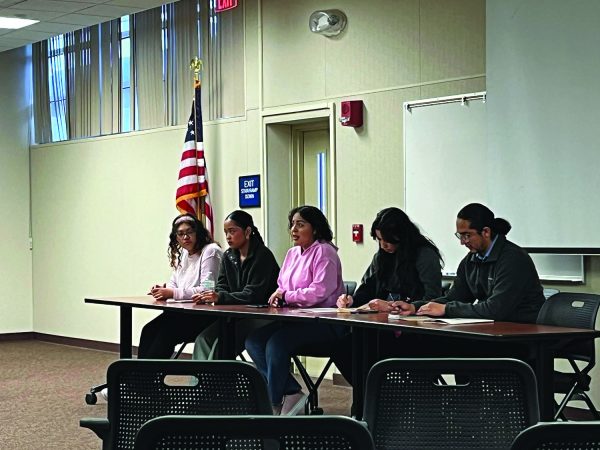Kern Community Leaders Address Dangers of Oil and Gas at BC Webinar
February 19, 2021
Kern County residents and community leaders came together on February 10th to speak out against the ordinance to expand oil and gas extraction.
This webinar was hosted by Public Good PR, where we heard the oppositions of Elizabeth Perez, who is a Community organizer for Central California Environmental Justice Network, Juan Flores, a Community Organizer for the Center on Race, Poverty, and the Environment organization, Bryan Osorio, the Mayor of the city of Delano, Rosanna Esparza, a Clinical Gerontologist, and Anabel Marquez, President of Committee for a Better Shafter.
Flores first delivered his statement about this proposed ordinance. Flores says that these environmental injustices cause high cancer, asthma, diabetes, and other chronic illness rates. He also states, “The county should focus their attention on how to diversify our economy, by inviting new, clean, and innovative industries that can provide clean jobs.”
Marquez spoke about how our communities are suffering a lot due to the contamination of the soil, air, and water. Marquez said, “Our communities are not to be used as sacrificial zones in the name of the economy.” She says that public officials’ duties are to look out for the communities and not the big named companies.
Marquez then added that children are exposed to environmental hazards, and oil wells are not even 100ft away from schools; a small town like Shafter has around 3,000 oil wells. The potential of adding more to the city will affect the community much more.
Esparza said, “Anyone who lives here has a responsibility, and we are asking for you to step up and think about the impacts that these are causing you.” She says that she is a resident of the community who has personally been affected with the loss of those close to her.
Osorio asked that other elected officials and appointed commissioners listen to the marginalized communities and listen to their opposition on this oil and gas ordinance. “This is an issue of equity,” Osorio added.
Both Flores and Osorio said that low-income communities such as Shafter, Lost Hills, Arvin, and Lamont would be affected immensely if this ordinance were to pass.
The last panelist to speak was Perez, where she said that the extractions of oil and gas will affect climate change, which will make our areas hotter and there could be a reduction of water supply in the future.
After hearing all the panelist statements, they had a Q&A session where attendees had the opportunity to ask questions. The first question was for Mayor Osorio, where he was asked if he knew any other elected officials’ position on this ordinance. Osorio responded that he is not sure where others stand on this opposition but assumes community advocates have already tried doing a call to action to other elected officials.
The panelists were asked what they think will stop these elected officials from passing this ordinance. Flores answered that they need leverage from the state, and they need to be active to join the fight against this ordinance.
Esparza concluded with a saying that represents this ordinance. “Saying and doing are two different things.”












